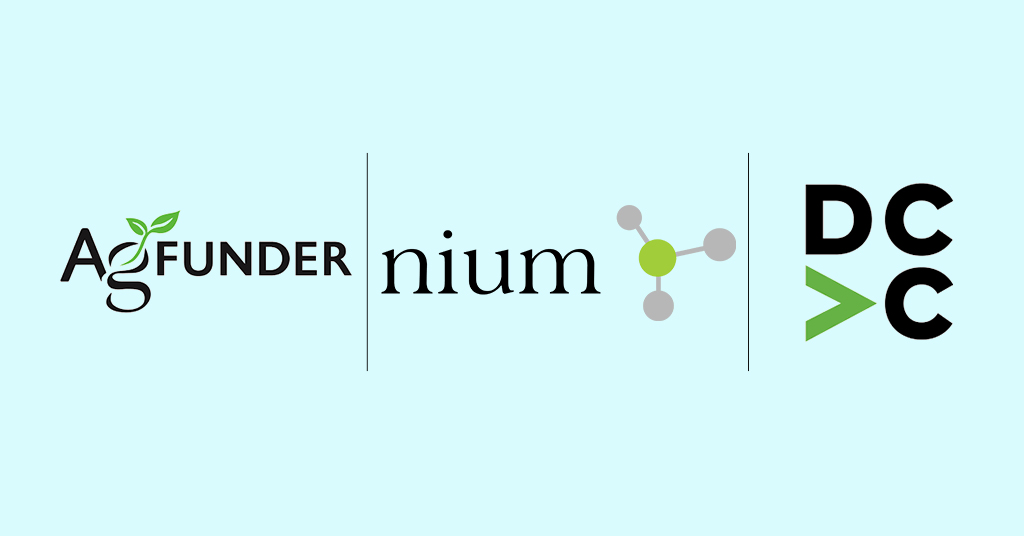Welcome To ChemAnalyst

Europe: Ammonia is essential for 50% of the world's food production since it is used in fertilisers to the tune of 70% of all production. Lewis Jenkins, CEO, and co-founder of Nium, claims that the environment is paying a heavy price for the abundant supply of Ammonia available today.
The Haber-Bosch process, the chemical reaction that turns Hydrogen and Nitrogen into Ammonia, is what produces 96% of the Ammonia in the world. The Haber-Bosch process consumes more energy than any other chemical production process now in use, accounting for roughly 2% of global energy consumption. It also produces the most CO2—450 million metric tonnes annually.
A rising number of researchers and businesses, including Nium, are working to reduce Ammonia production. According to the business, its low-temperature, low-pressure Ammonia synthesis is what sets it apart from competitors since it can produce Ammonia for a fraction of the cost and pollution of traditional Ammonia production methods.
A method that makes it possible to produce Ammonia without the expenses and emissions has been filed for patents, according to Jenkins want to completely do away with Haber-Bosch. Nium will use its green Ammonia technology to address a trinity of issues, with food and fertiliser being only one of them.
Nium, which was established in Cambridge, England, last year, initially focused on farms to decentralise the production of Ammonia. However, according to Jenkins, getting Hydrogen delivered to these farms [for the process of making Ammonia was a nightmare.
In addition to the regulatory red tape that surrounds the operation, the transportation of Hydrogen necessitates high pressure and storage at cryogenic temperatures.
Conversely, Ammonia has a volumetric density that is triple that of compressed Hydrogen and only costs a sixth as much to transport, according to Jenkins. Because Ammonia helps crops fix Nitrogen, its infrastructure and regulatory framework are also developed.
Nium is turning the process on its head and will first supply Hydrogen producers with its "Green Ammonia on Demand" technology, installing Nium's reactors with these Hydrogen producers so that they can extract Hydrogen from the Ammonia as needed. Producers can move the reactors wherever they want, which lowers the expense of long-distance transit and long-term storage.
Nium will be able to assemble its first minions thanks to the startup money and start producing green Ammonia on-site for Hydrogen producers. Additionally, Nium intends to grow its technology more quickly by starting with the established Hydrogen sector.
Jenkins explains, saying that anyone can put up a system on their farm anywhere in the world to produce Hydrogen using solar and wind energy. Use a compressor to extract nitrogen from the air, and solar and wind energy would be used to run the system that would use our reactor to locally synthesise Ammonia.
A farm might entirely rely on this decentralised production system as a supply of fuel and fertiliser.
The manufacture of Ammonia is already essential for 50% of the world's food, but present methods produce massive amounts of CO2, according to Tom Shields, partner of AgFunder. The ground-breaking technology developed by Nium creates emission-free green Ammonia that can be used as a feedstock for our food as well as a catalyst for the Hydrogen economy.
We use cookies to deliver the best possible experience on our website. To learn more, visit our Privacy Policy. By continuing to use this site or by closing this box, you consent to our use of cookies. More info.
